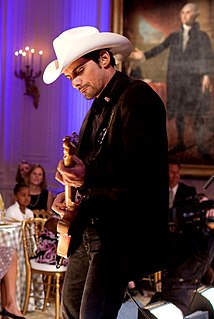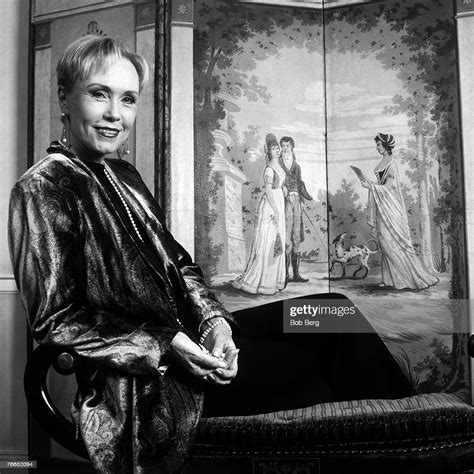A Quote by Quentin Crisp
Related Quotes
This is another thing which I really like investigating in my novels: what is it that makes an intimate society, that makes a society in which moral concern for others will be possible? Part of that I think are manners and ritual. We tried to get rid of manners, we tried to abolish manners in the '60s. Manners were very, very old-fashioned and un-cool. And of course we didn't realise that manners are the building blocks of proper moral relationships between people.
Despite the international scientific community's consensus on climate change, a small number of critics continue to deny that climate change exists or that humans are causing it. Widely known as climate change "skeptics" or "deniers," these individuals are generally not climate scientists and do not debate the science with the climate scientists.
No one dislikes LL Cool J. If you meet LL Cool J, you fall in love with LL Cool J. LL and I had mutual friends, and he and I had always talked about doing something. My fans know LL's music. And I love him - we're blood brothers at this point. We've been through the fire together. I know no finer person.
Cool is spent. Cool is empty. Cool is ex post facto. When advertisers and pundits hoard a word, you know it's time to retire from it. To move on. I want to suggest, therefore, that we begin to avoid cool now. Cool is a trick to get you to buy garments made by sweatshop laborers in Third World countries. Cool is the Triumph of the Will. Cool enables you to step over bodies. Cool enables you to look the other way. Cool makes you functional, eager for routine distraction, passive, doped, stupid.






































